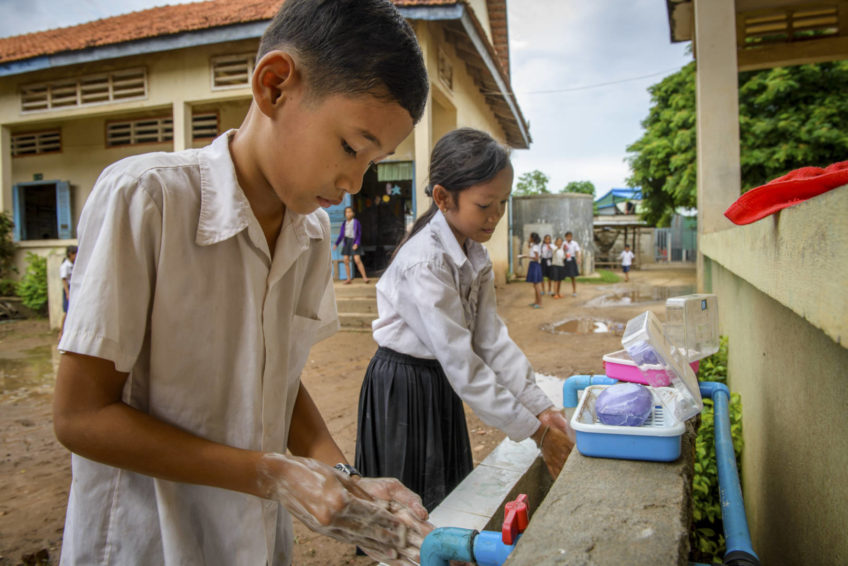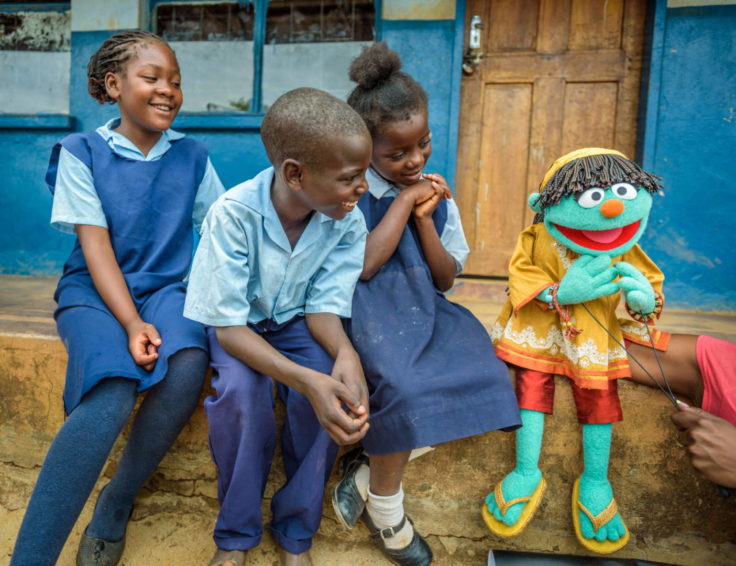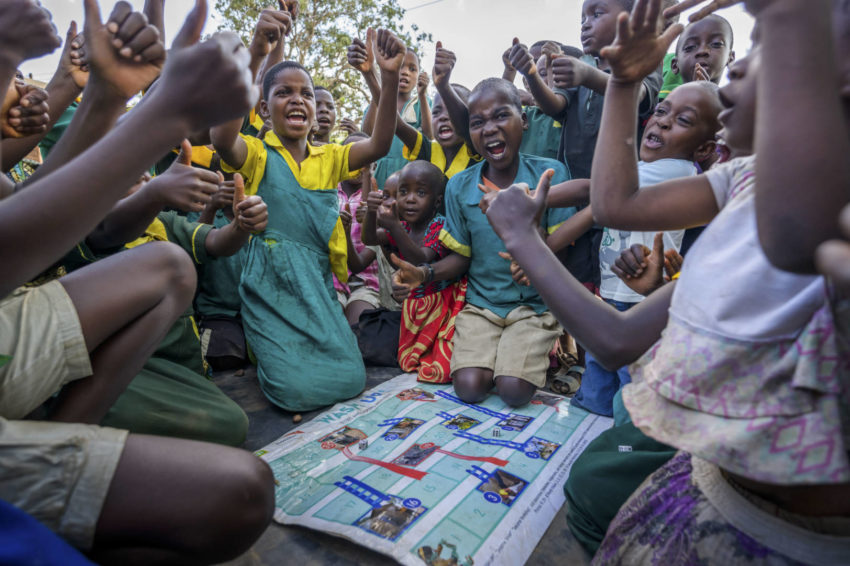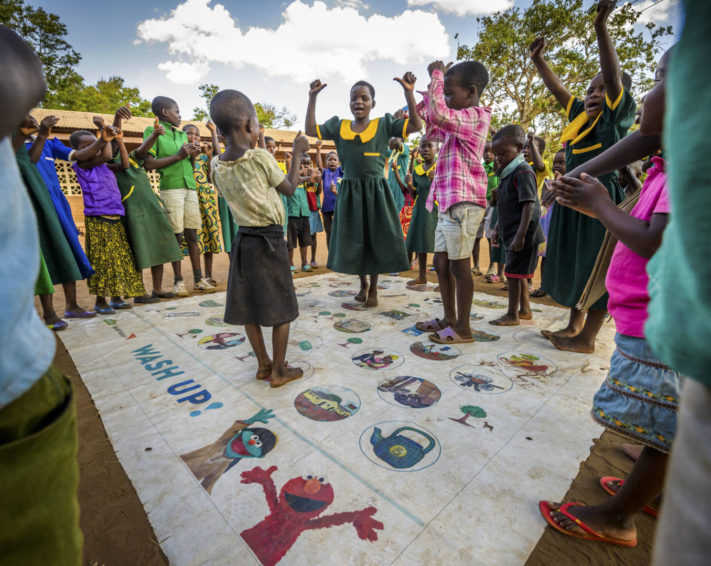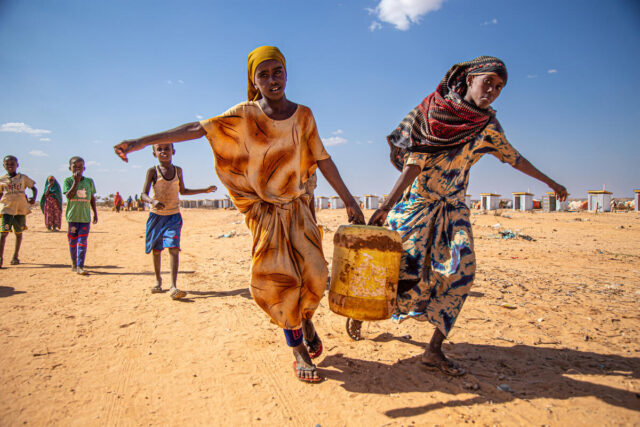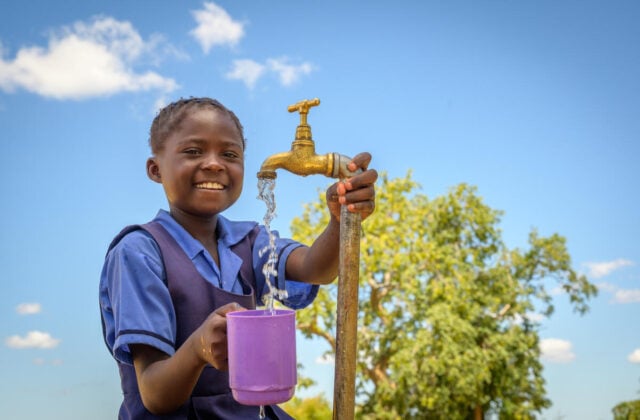Handwashing is important in reducing your exposure to and the transmission of the new coronavirus, among other illnesses. But do you know how to properly wash your hands? It may be more complicated than you think.
World Vision is a leader in educating people on handwashing and reaches one new person with clean water every 10 seconds. In 2019 alone, World Vision reached 4.3 million people with handwashing behavior-change education and facilitated building nearly half a million handwashing facilities. In collaboration with partners, World Vision aims to reach everyone, everywhere it works with clean water, sanitation, and hygiene by 2030.
How to wash your hands
Because it’s hard to wash your hands without water, clean water is more important now than ever! Water is essential for handwashing and disinfecting surfaces to prevent the spread of life-threatening diseases such as COVID-19. Through our water, sanitation, and hygiene (WASH) work, World Vision staff teach kids around the world the importance of being thorough when washing their hands.
- Wet your hands with clean, running water, then turn off the tap and cover them with soap. Keep your hands lower than your elbows.
- Rub your palms together.
- Place your palms together, interlace your fingers, and rub them together.
- Place your right palm on top of your left hand, interlace your fingers, and scrub between your fingers. Now swap and do the same with your other hand.
- Use your left hand to rub your right thumb back and forth, before repeating with your other hand.
- Scrub underneath your nails, making sure no dirt remains.
- Scrub your palms with your fingernails.
- Place your right hand over your left wrist and twist your hand to scrub. Now swap and do the same with your other hand.
- Rinse your hands with water.
- Dry your hands with a towel, or in hot climates, air dry your hands by shaking them.
Your handwashing questions answered
How long should you wash your hands?
You should wash your hands for at least 20 seconds. That’s about how long it takes to sing or hum your ABCs from start to finish.
When should you wash your hands?
According to the Centers for Disease Control and Prevention, you can help yourself and your loved ones stay healthy by washing your hands often, especially during these key times when you are likely to get and spread germs:
- Before, during, and after preparing food
- Before eating food
- Before and after caring for someone at home who is sick with vomiting or diarrhea
- Before and after treating a cut or wound
- After using the toilet
- After changing diapers or cleaning up a child who has used the toilet
- After blowing your nose, coughing, or sneezing
- After touching an animal, animal feed, or animal waste
- After handling pet food or pet treats
- After touching garbage
Why should you wash your hands?
Handwashing plays a big part in stopping the spread of disease and staying healthy. Handwashing can prevent about 30% of diarrhea-related sicknesses and about 20% of respiratory infections like colds.
Is antibacterial soap better than plain soap?
The FDA ruled in September 2016 that 19 ingredients common in antibacterial soaps, including triclosan, were no more effective than non-antibacterial soap and water.
“Consumers may think antibacterial washes are more effective at preventing the spread of germs, but we have no scientific evidence that they are any better than plain soap and water,” said Janet Woodcock, M.D., director of the FDA’s Center for Drug Evaluation and Research, in a press release. “In fact, some data suggests that antibacterial ingredients may do more harm than good over the long-term.”
When should you use hand sanitizer?
You should use hand sanitizer when you can’t use soap and water. For it to be effective, make sure it contains at least 60% alcohol. Keep in mind that hand sanitizers reduce the number of germs, but do not get rid of all types of germs. You should also rub the sanitizer into your hands for at least 20 seconds, the same amount of time you should take to wash your hands.
Need ideas to engage your kids and make handwashing fun?
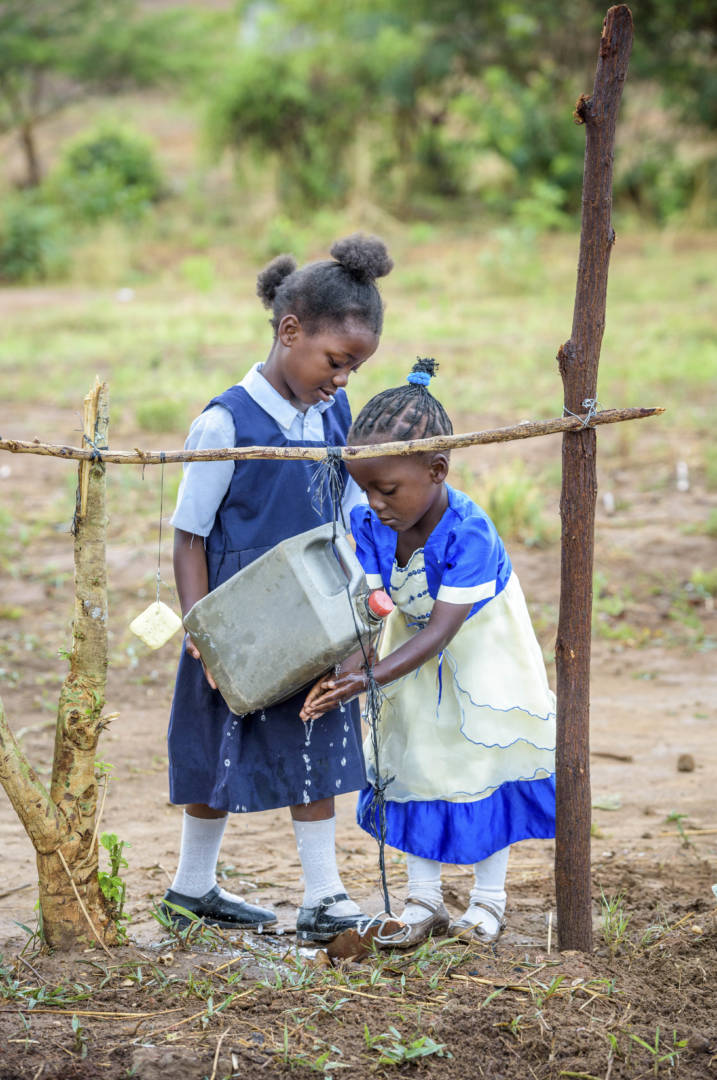
Are your kids’ schools closed? Try spending some time together to make a tip tap — a clever handwashing contraption — or take a look at one of our other fun family activities to teach your kids how to play it forward.
You can also download this “keep calm and wash your hands” poster from the CDC to display at your home or business.

